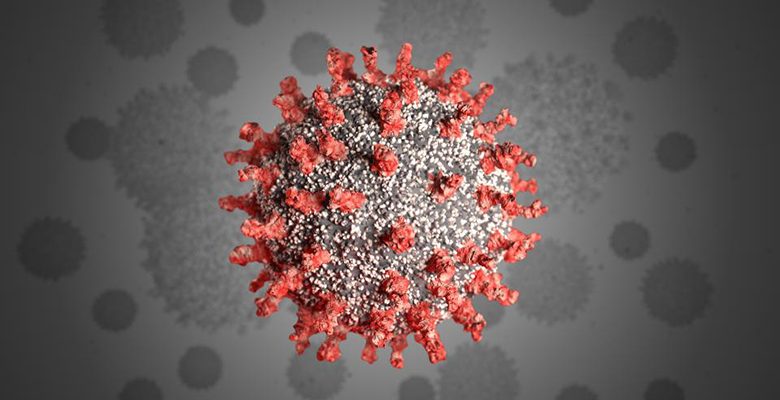Is it available in Menswear, between the Rustler jeans and the Hanes underwear?
Are unmasked infecteds coughing on the tomatoes?
In a Face the Nation interview that went around the world, El Paso Mayor Dee Margo blamed the city’s high Coronavirus infection rates on big box stores.
In an interview with CBS’ “Face the Nation” Sunday, Mayor Dee Margo said a “deep dive” into contact tracing data from Nov. 10 to 16 revealed that 55 percent of the positive results were tied to shopping at large retailers.
The truth is that the City doesn’t do much contact tracing, so there’s not a lot of contact tracing data the Mayor could do a deep dive into. Even if you contract the virus, and are contacted by City or County officials, they don’t really ask who you’ve come in contact with.
You know. Tracing your contacts.
Here’s the Covid 19 Case Investigation Form from the EPStrong.org website.
The form includes socioeconomic questions, like your age, race, and gender, and also a Covid factor section, with questions regarding underlying medical conditions, disabilities, and travel history. And then there’s a section asking about contacts you may have had with other people, including high-, medium-, and low-risk contacts.
None of the people who I talked with who had been diagnosed with Covid 19 were asked about their contacts with other people.
I understand that if you have a Sexually Transmitted Disease, the local health agency will ask with whom you have had sexual contact, so that they can inform them that they may be have an STD.
That’s what contact tracing is.
Realistically, third party contact tracing is impractical with the number of cases we have in El Paso. We’re on the honor system here. We leave the contact tracing up to the people that caught the virus. I can tell you everyone I’ve been within six feet of for the last three weeks, masked or maskless, not counting the people I pass in the supermarket aisles, fully masked, and I don’t think I could trade Covid cultures with them, scooting by while they pick their canned peas. If I caught the plague, I could let the right people know.
Asking people if they’ve been to Walmart isn’t contact tracing.
I’d like to suggest that the people who shop at Walmart might have other behavioral factors in common that are more likely to contribute to the spread of the Coronavirus than just shopping at Walmart.
They might belong to large households that live close together. They might be prone to socialize with people that don’t belong to their household. They might be poorer, and less educated than people who shop at Whole Foods.
All of those are risk factors for picking up the Coronavirus.
Correlation isn’t causality. Just because someone who has shopped at a big box store has Covid doesn’t mean that they caught Covid at the store.
Before Mayor Margo tells the world that the City has done a “deep dive” into contact tracing data the City should really do some contact tracing.


Your skepticism tracks a conversation I’ve had twice with a contact tracer for the state of Texas who regularly talks with people in El Paso. I’ve been unable to do journalism about these conversations because my source needs to remain anonymous in order not to get fired. But they have twice told me they would be very surprised if people (other than staff) were getting infected by being in big-box stores. They say this is appears to be a default data point: “Where have you been the past several days?” “Um, WalMart.” “OK.” The contact tracer writes this down, then the City says the person got infected at Walmart — even though the infection probably was picked up from being indoors for extended periods in other venues, including e.g. in homes (and home-based gatherings/parties) and bars. The tracer believes people avoid talking about these other experience. If you look at other cities to see sources of infection, shoppers at stores contribute minimal numbers.